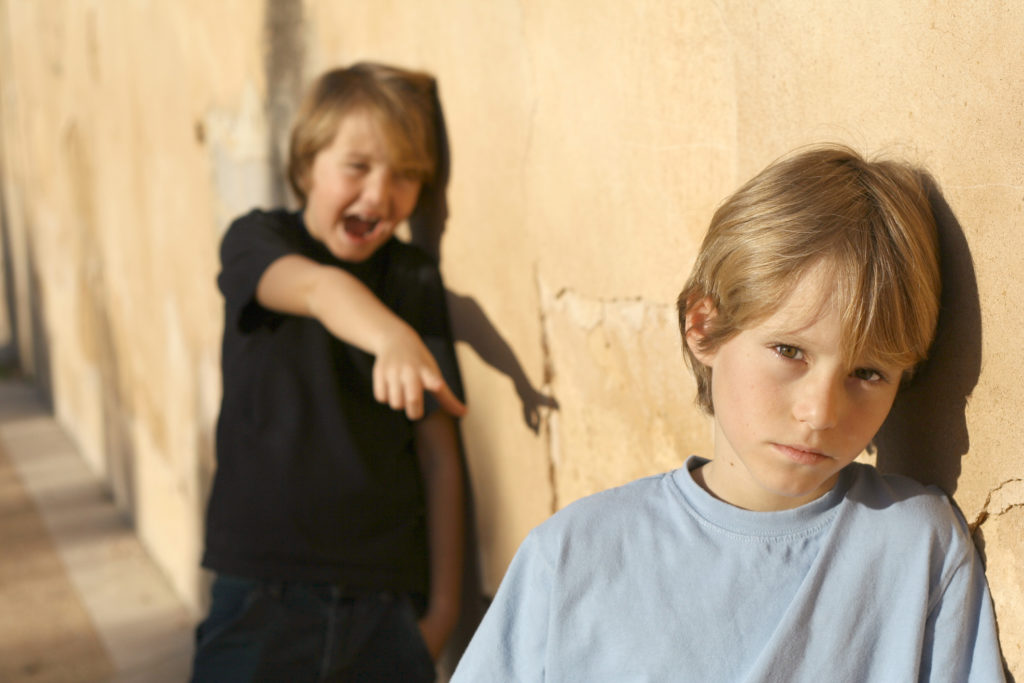The Child Psychology behind Bullying: What Can Parents Do?
Bullying is one of the biggest hurdles that many children experience. It can happen in different environments, and your child’s school is one of the most common ones. While educators and administrators in Canada are often geared with the necessary understanding and tools to keep bullies at bay, parents must also be vigilant about this phenomenon. Child psychology professionals suggest that parents and guardians equip themselves with the necessary knowledge about bullying and how to best deal with it.
Be Aware of Any Changes in Child Psychology
Parents should always be updated with their children’s lives, especially if there are any changes in their usual behavior. Bullied kids can give out signs that something is not right. Your child might not be as excited about school as he used to be. He may become more aloof and socially withdrawn. Some children even exhibit physical manifestations, like insomnia, upset stomach, or headaches.
If you notice any of these symptoms, talk to your child and ask if anything is wrong. It is possible for bullied children to hesitate to open up. But parents should not feel hopeless. Reach out to get professional help. Our child psychology experts are available to answer any questions you have about bullying. We can help you and your child to deal with the situation in a healthy manner.
Alert the School Administration
If you have confirmed that your child is bullied, it is helpful to inform the school about it. Whether it’s a teacher, the school psychologist, the social worker, or the principal, contact the corresponding authorities for help. If the school already has an anti-bullying program, go ahead and become an active part of it. Doing this not only gives you more information about the problem, it also shows your kid that you are aware of what he is going through and that you are taking steps to help make things better.
Teach Your Child to Deal with Bullies
There are healthy strategies to deal with bullies. The biggest one is standing up for oneself. It can be done verbally, and with confidence.
Teach your child to tell his bullies off.
I don’t like what you said.
Say what you want, but it is not true.
He can also just walk away or use funny comebacks to make the bullying stop. On his own, he can focus on positive things and thoughts to boost his self-esteem and counteract the effects of bullying. If all else fails, tell him to seek grown-up help, whether from you or from his teachers.
Resources on Bullying and Child Psychology
Bullying is NOT okay. Any signs of bullying behavior should be stopped as soon as possible. By supervising, guiding, and teaching the right ways to children, negative behavior can be avoided at an early age. Parents, teachers, and school administrators must intervene whenever such behavior is taking place. For more information, check out this handbook about bullying from the National Association of School Psychologists.
Find out how to deal with bullying at school or in other places. Do not feel helpless, because we are here to help you. Our child psychology experts are willing to guide you and your family through this emotional hurdle and help you move on with a stronger sense of self-esteem to face any challenges in the future.

